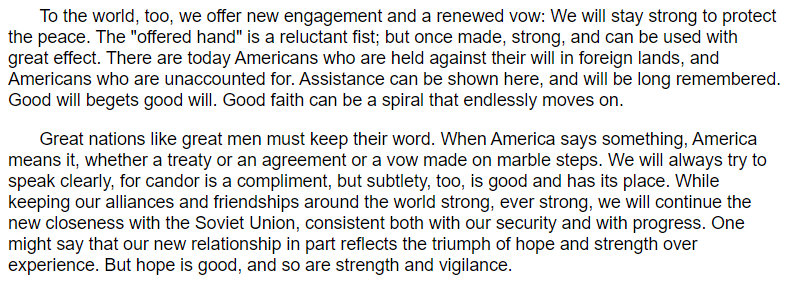
🧵In my latest piece for @WashInstitute, I take a look at how the US could increase pressure on Iranian energy exports, in light of Tehran's support for Russia in Ukraine, domestic suppression, and nuclear advances.
In short: US is not "sanctioned out."
washingtoninstitute.org/policy-analysi…
In short: US is not "sanctioned out."
washingtoninstitute.org/policy-analysi…
Iran's crude + condensate exports over past 3 months were 810,000-1.2m bpd, according to data from @TankerTrackers, @Vortexa, @Kpler & @UANI.
That's much lower than pre-Trump withdrawal from JCPOA, when exports topped 2.7m. But they're higher than at peak of max pressure, ~500k.
That's much lower than pre-Trump withdrawal from JCPOA, when exports topped 2.7m. But they're higher than at peak of max pressure, ~500k.
Biden admin did not rigorously enforce oil sanctions in word or deed, prioritizing diplomatic efforts to revive JCPOA.
But this was likely counterproductive: Lack of enforcement may have weakened Iran's urgency to get a deal & reduced a deal's marginal benefits.
But this was likely counterproductive: Lack of enforcement may have weakened Iran's urgency to get a deal & reduced a deal's marginal benefits.
The US appears to be shifting course, with several new oil-related sanctions, including last week. But there is much more headroom.
To design a strategy aimed at cutting into Iran's oil revenue, we need to understand how Iran's exports & revenue fit together.
To design a strategy aimed at cutting into Iran's oil revenue, we need to understand how Iran's exports & revenue fit together.
I've obsessed for years over the question of oil exports & budget revenue. Thanks to periodic Iranian data releases & industry data, I'm able to estimate how much Iran *should be* earning, and how much it *is.*
I found that the gov't is losing as much as *half* of potential oil revenue on discounts, transaction costs & lack of accessibility. That's billions of dollars/month.
The data lay out clearly the cost of Iran's intransigence on #irantalks. If sanctions were relieved, not only would Iran be able to ~double its exports, it would be able to earn much more from every barrel it currently sells.
How can the US constrain Iranian exports, and cut into the money Tehran can earn?
The goal would be to change the perception of risk among companies, banks, & governments. That would likely require a comprehensive campaign to demonstrate that lax enforcement was over.
The goal would be to change the perception of risk among companies, banks, & governments. That would likely require a comprehensive campaign to demonstrate that lax enforcement was over.
The piece lays out a few ideas in the diplomatic, sanctions, and public diplomacy realms. It also flags that the US should also prepare for any Iranian retaliation to such a campaign by bolstering defensive capabilities in the region.
• • •
Missing some Tweet in this thread? You can try to
force a refresh





